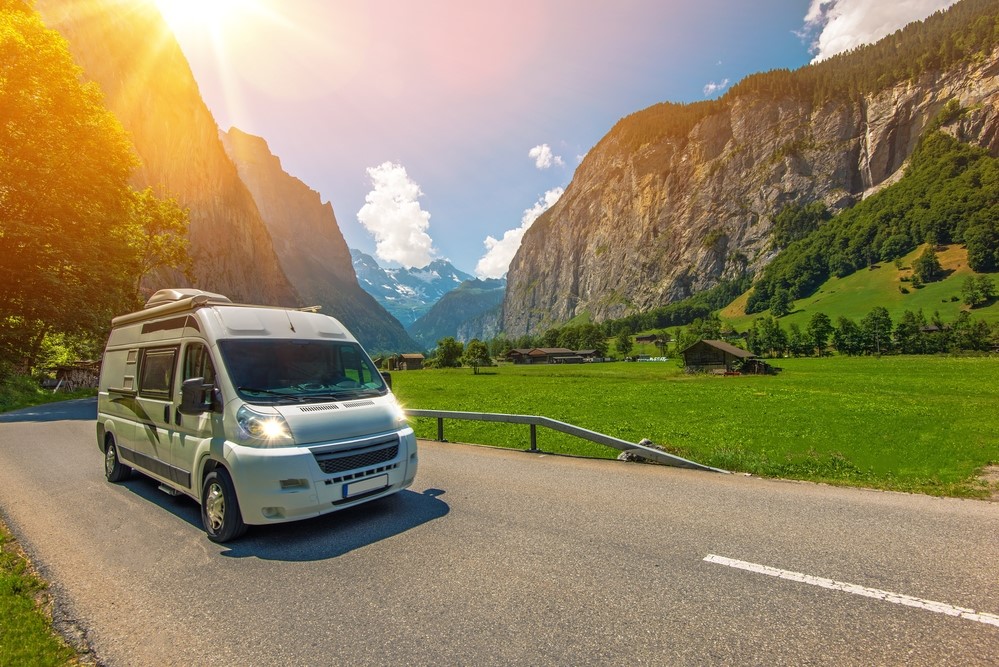First-Time RV Driver? Follow These Tips

Driving an RV is a different experience from driving other vehicles. The size, turn radius, and weight of an RV is far different from that of other automobiles. Driving without special care can lead to accidents, injuries, and expensive insurance claims.
If you’ve never driven an RV before, learning how will take some time. Practicing under the right conditions can help you become a skilled, safe RV driver. These tips can help.
1. Drive During the Day
Night driving is much harder than daytime driving. In the first few months that you own your RV, drive only during the day. Once you’re used to driving your RV, you may feel comfortable driving at night.
Track your routes each day before starting out, and calculate how long it will take you to get from your starting point to your destination. Factor in time for breaks and slow driving. Doing this will help ensure that you won’t accidentally find yourself driving late in the day.
2. Start Small
Make the first trips in your RV close to home, in an area that you know well. Short trips on familiar roads are easier to plan. Driving is less intimidating in a familiar area, and you’ll be able to avoid treacherous roads because you’ll know the safest routes to take.
3. Pick the Right Weather
Driving in rain, on windy days, and during snow events is much more difficult than driving on a relatively sunny day. Avoid driving at times during temperature extremes, to avoid problems relating to ice on the roads or overheating of the engine.
4. Take Your Time
RV travel is about recreation and relaxation. As such, you should be in no hurry to get to your destination. Watch the speed limit on all roads, and drive at or just below the speed limit everywhere you go. Don’t rush to get to your destination. In this case, slower driving is safe driving.
6. Drive with Someone Experienced
Hopefully you have a friend or family member who knows how to drive an RV. If you do, ride along with them in their RV once or twice before setting out in your own RV. When you take your first trip in your RV, ask your friend to ride along with you. Driving with someone experienced enables you to ask questions about your RV while you’re in the driver’s seat.
Ask your friend or family member to give you advice and give pointers while they’re riding with you in the vehicle. Be open and receptive to constructive criticism, as this can help you become a better driver.
7. Drive Frequently
Many people only drive their RV a few times per year, when they go on major trips. During the learning stages, going out frequently can help you become comfortable with your RV more quickly. If you wait a long time between trips in the RV, you may forget some of the lessons learned. This can slow your progress and force you to make the same mistakes twice.
Plan several trips over the course of the first month or two that you own the RV. This will help you get used to driving in your vehicle.
8. Get a Good Insurance Policy
A good insurance policy is one of the most important protections you can have during the learning stages with your RV. Go over your insurance policy with your agent to ensure that you have protection that makes you feel comfortable. Pay close attention to the deductible. In the event that you are in an accident in your RV, you’ll want to ensure that you can afford the deductible.
Contact Your Insurance Agent
For more information about how you can protect yourself with good insurance, talk to your insurance agent. At Family Insurance Centers, we’re happy to answer your questions and help you find an RV policy that works for you. Call us today to find out more.
